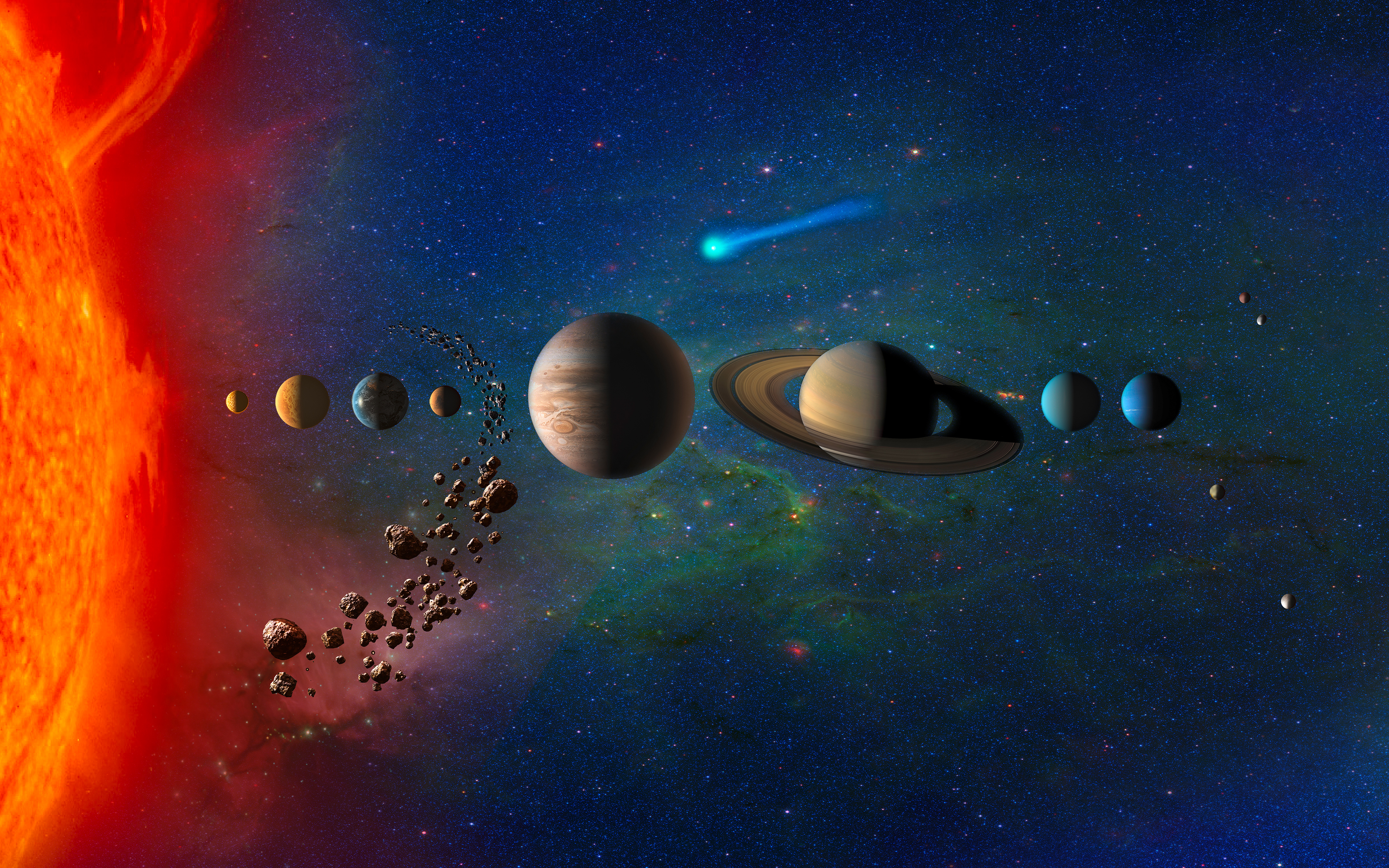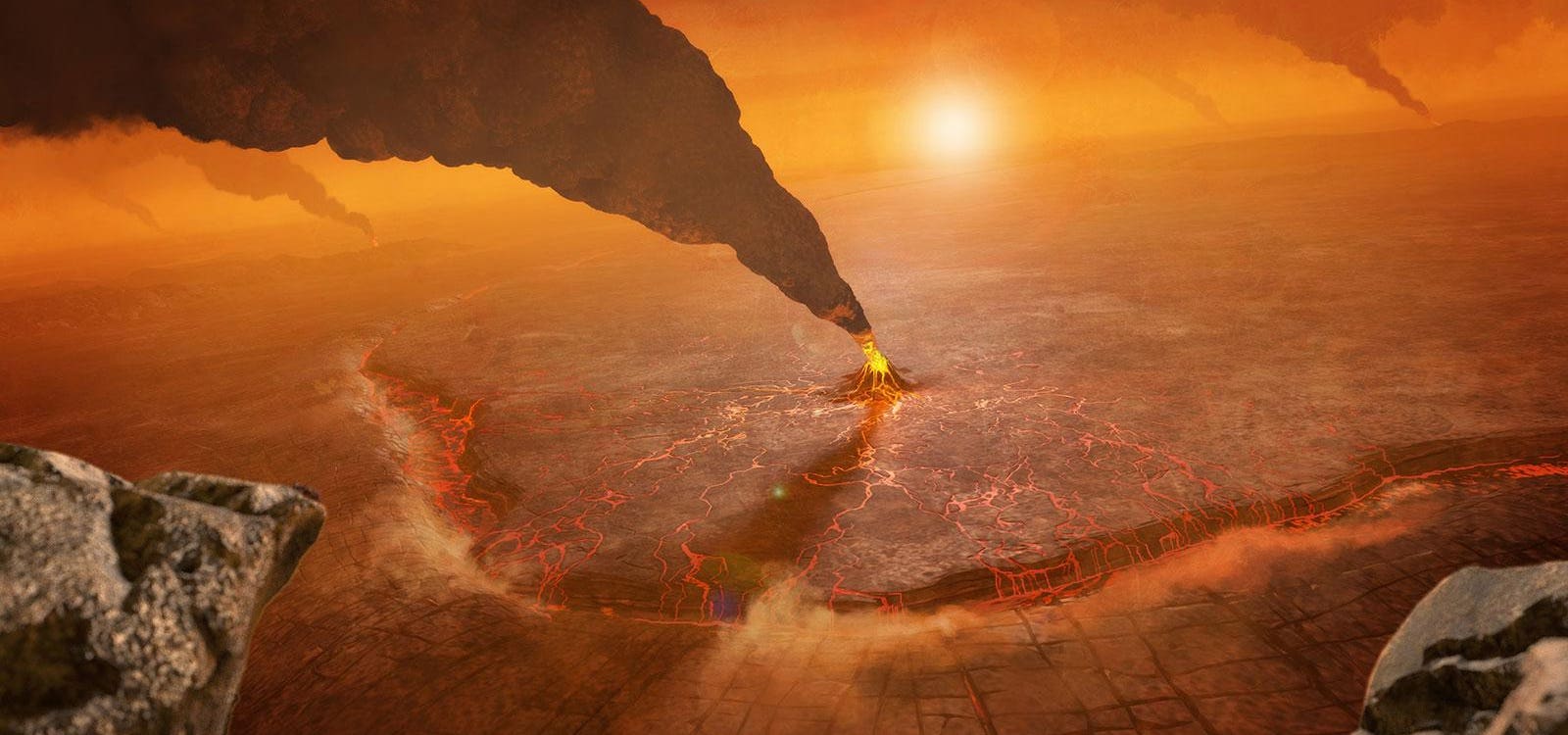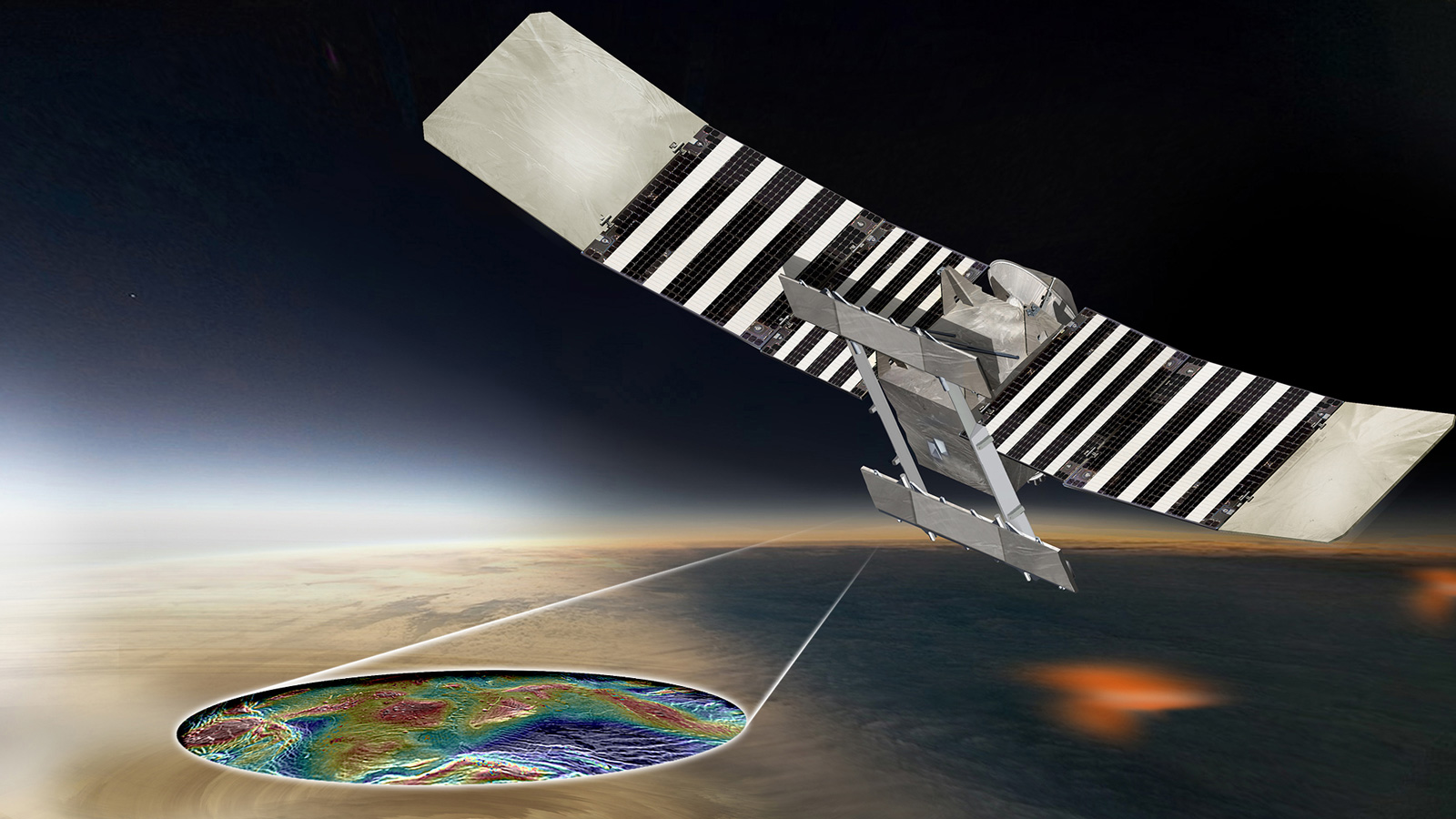- Joined
- 21 January 2015
- Messages
- 12,214
- Reaction score
- 16,508
NASA has selected four Discovery Program investigations to develop concept studies for new missions. Although they’re not official missions yet and some ultimately may not be chosen to move forward, the selections focus on compelling targets and science that are not covered by NASA’s active missions or recent selections. Final selections will be made next year.
NASA’s Discovery Program invites scientists and engineers to assemble a team to design exciting planetary science missions that deepen what we know about the solar system and our place in it. These missions will provide frequent flight opportunities for focused planetary science investigations. The goal of the program is to address pressing questions in planetary science and increase our understanding of our solar system.

NASA Selects Four Possible Missions to Study the Secrets of the Solar System - NASA
Editor’s Note: This release was updated on June 19, 2020, to ensure consistency when referring to each of the proposed missions.





